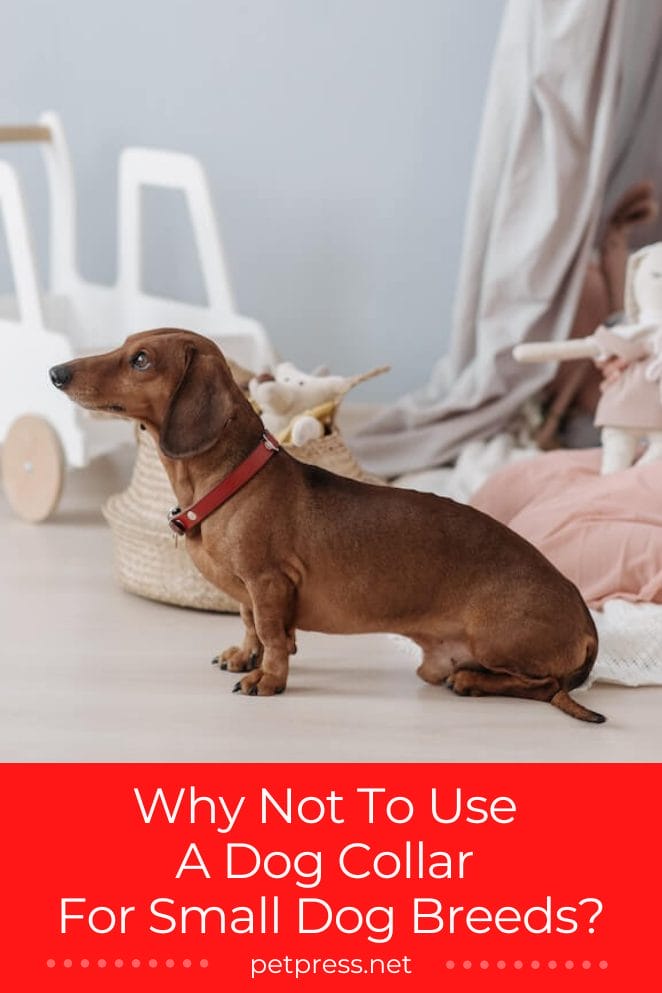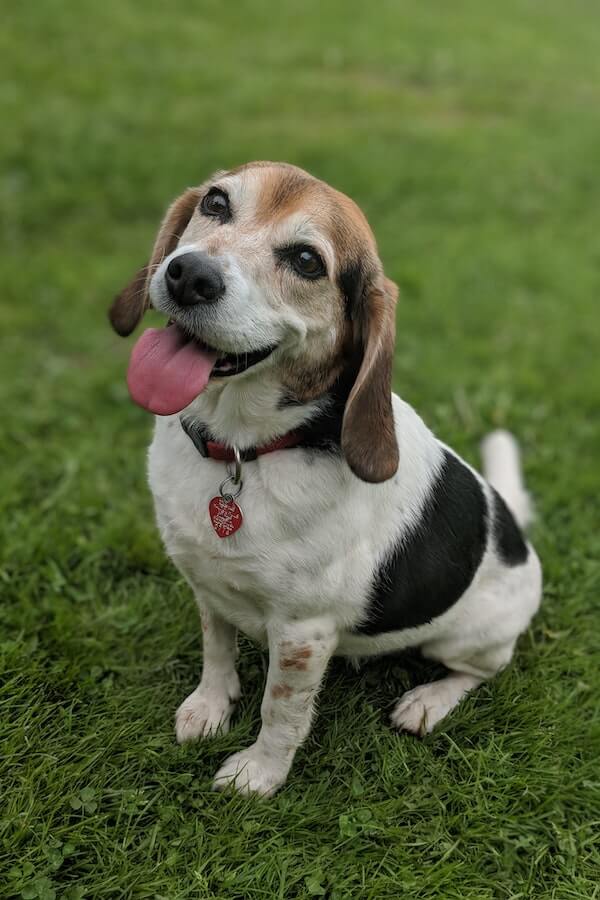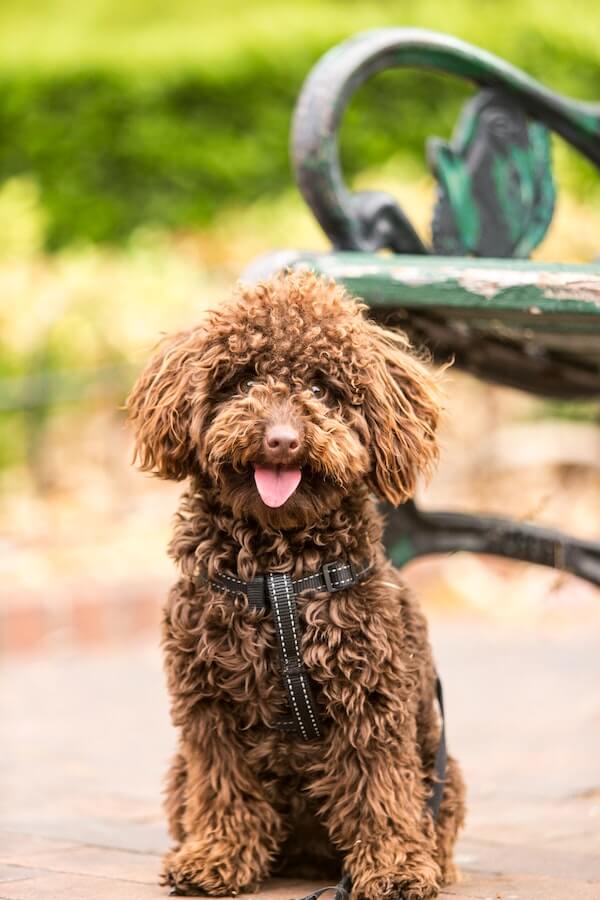
Are you thinking of getting a collar for your small dog? Well, think again! Using a regular-sized dog collar on a smaller pup can cause them real discomfort and even injury.
That’s why it’s important to know why not to use a dog collar for small dog breeds — so you can give your pup the best in style and safety.
Read on to learn why bigger isn’t always better when it comes to collars for your pint-sized pooch.
Do dogs like not wearing collars?
The answer depends on the individual dog and the type of collar involved. Some dogs may find certain collars uncomfortable or even painful, while others may be just fine with them.
Dogs can have different reactions to collars depending on the material they are made of and how tight they fit.
For instance, an ill-fitting nylon collar could cause chafing or rubbing which would be unpleasant for your pup.
A well-fitted leather collar, however, might be more comfortable and provide greater security for long walks in open areas.
It is important to ensure your dog’s collar fits snugly but comfortably so that it doesn’t cause any discomfort – otherwise, your dog may not enjoy wearing it.

Why not to use a dog collar for small dog breeds
There are many reasons why a dog collar should not be used for small dog breeds. They are as follows:
1. Choking Hazard:
A collar can put too much pressure around a small dog’s neck, causing it to choke or get injured. This is especially true for breeds with narrow heads such as pugs and French Bulldogs.
2. Neck Damage:
Dog collars can cause long-term damage to the neck of small dogs due to constant tugging and pulling when they are being walked on a leash. Over time this can lead to muscle pain, joint damage and spinal issues which may require veterinary attention.
3. Skin Irritation:
Small breeds tend to have thinner skin than larger breeds, making them more susceptible to skin irritations caused by tight fitting collars or materials that rub against their fur.
4. Hair Loss:
If a collar is too tight it can cause small dogs to experience hair loss or bald patches along their neckline and chest areas.
5. Heat Rashes:
In hot weather, collars can trap sweat and heat against the skin of a small dog causing uncomfortable rashes.
6. Fearful Behavior:
Wearing a collar may make some small dogs anxious as they feel more restrained than with just a leash alone.
This fear can manifest in barking, trembling or not wanting to move in certain directions while walking outdoors with their owners.

7. Injury While Playing:
Collars can be a safety hazard for small dogs while they are playing. If the collar catches on to something it can cause them to be pulled or dragged, leading to possible serious injuries and even strangulation in some cases.
8. Inability To Run:
Collars can restrict a small dog’s ability to run and play freely as it may get trapped in undergrowth or trip over its own feet if not used correctly. This could lead to avoidable injury or discomfort.
9. Heat Sensitivity:
Smaller breeds tend to have shorter hair which is less able to protect them from the sun and heat during summer months.
Wearing a collar can worsen this situation as having fabric around their neck will make them more sensitive to these conditions.
10. Comfort:
A collar should fit comfortably around the neck of a dog and should not be too tight or cause any discomfort. For small dogs, finding a collar that fits correctly can be difficult as there are limited size options available.
Overall, collars may not be the best choice for small dog breeds due to their potential for harm. It is important to consider all of these factors when deciding whether or not to use a collar on your beloved pet!
4 Alternatives to dog collars
When it comes to finding an alternative to a collar for our furry friends, there are quite a few options out there.
1. Harnesses:
Dog harnesses are great for a variety of reasons. For one, they provide more control than a collar – the straps allow your pup to move freely while still giving you control over their movements.
Additionally, if your pup has any neck issues or respiratory problems, a harness can help take some of the strain off their neck and chest area.
2. Head Collars:
Also known as “no-pull” collars, head collars are another great option for those wanting to avoid a traditional collar.
They work by looping around the muzzle and behind the ears, allowing you to gently guide your pup’s head in order to keep them from pulling on the leash.
This is also a great tool for teaching pups not to pull on the leash.
3. Backpacks:
For those looking to give their pup a job and make them feel even more part of the pack, backpacks are the way to go!
Not only are they great for carrying small items like treats or toys, but they give your pup something to focus on while out on a walk. This can help reduce anxiety in some pups, too!
4. Halters:
Similar to harnesses, halters are designed as an alternative for those wanting more control over their pup’s movements.
They fit around the face and provide gentle guidance with minimal pulling or strain on their neck area.

Conclusion
Now that you know why not to use a dog collar for small dog breeds, as well as the alternatives available, it’s time to pick one!
Whichever option you choose, make sure to get the right size for your pup and always take safety precautions when using any type of pet accessory.


GIPHY App Key not set. Please check settings